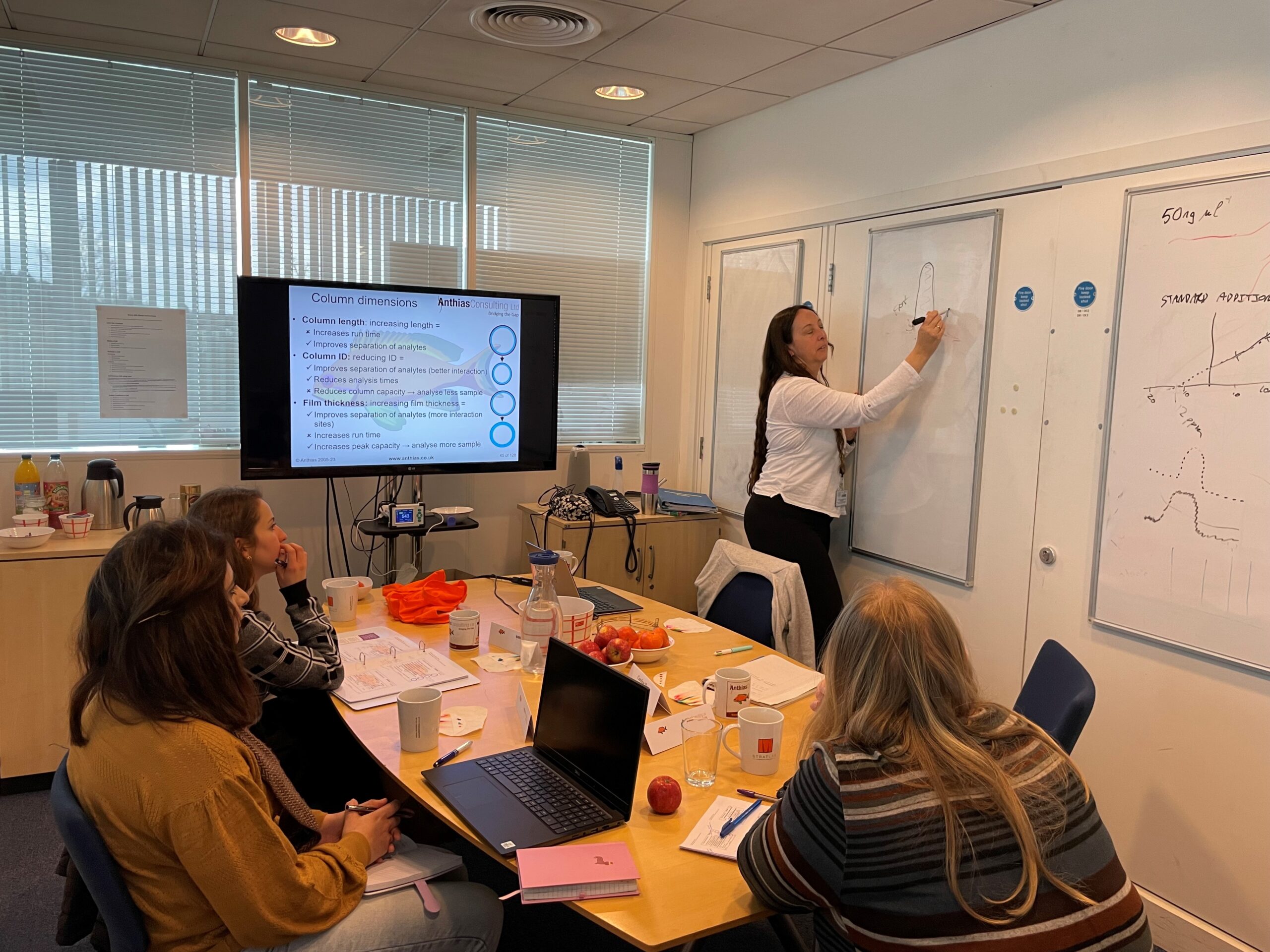Applied GC and GC-MS method development

- Duration: 4.50 hours for Virtual Classroom training
- Experience level: Advanced
- Delivery methods: Offsite training & consultancy | On-Demand | Online | Onsite training & consultancy | Tailored training |
- Type of course: Universal
- Applicable to manufacturer(s): Agilent | Bruker | CDS Analytical | CTC | Frontier | GERSTEL | GLSciences | Leco | OI Analytical | PerkinElmer | Pyrolab | Scion | Shimadzu | SRI | Thermo | Varian | Waters |
- CPD Approved: Approved
- Scheduled course price: £270.00 + TAX per delegate
- Course discounts: RSC CAMS HEaTED members receive a discount on this course

What will you learn on this course?
Module 9 of the Complete GC & GC-MS and part 1 of The GC & GC-MS Clinic courses.
This module looks at the method development process, the parameters to optimise and the order to do them in. How to validate the method and method optimisation are examined in detail. This knowledge, along with the basic knowledge of GC & MS acquired in previous modules is then put to the test in working out best techniques and methods in case studies.
Combine other days or modules.Learning outcomes
- You will learn strategies for method development.
- You will learn how to optimise for sensitivity or to reduce carryover.
- You will learn how to break the method down into tasks.
- You will learn about the parameters and how to optimise them for each method task.
Who is this course for?
Before attending this course you should have a good knowledge of gas chromatography and the techniques covered in the Practical Essentials of GC & GC-MS.
To gain the full knowledge of gas chromatography it is highly recommended to attend the full Complete GC & GC-MS course.

